Horizon 2020 Secure Societies – protecting freedom and security of Europe and its citizens
The webcast for the Horizon 2020 Secure Societies Event held in London on 3rd November 2015 is now available online. You might also find it useful to join Innovate UK’s Knowledge Transfer Network – Defence and Security to keep up to date with events, such as the International Cyber Security Forum meeting on 25 & 26 January 2016 in Lille, as well as funding opportunities in this area.
Calls announced in the Horizon 2020 Secure Societies Work Programme 2016-2017 are now being opened. Follow the links to main call page or the specific call, where this is already open. The date given is the funder’s closing date and time (Brussels):
CALL: DIGITAL SECURITY FOCUS AREA
DS-01-2016:Assurance and Certification for Trustworthy and Secure ICT systems, services and components OPEN 12 April 2016 17:00:00
DS-02-2016:Cyber Security for SMEs, local public administration and Individuals 25 August 2016 17:00:00
DS-03-2016:Increasing digital security of health related data on a systemic level OPEN 16 February 2016 17:00:00
DS-04-2016:Economics of Cybersecurity 25 August 2016 17:00:00
DS-05-2016:EU Cooperation and International Dialogues in Cybersecurity and Privacy Research and Innovation 25 August 2016 17:00:00
DS-06-2017:Cryptography 25 April 2017 17:00:00
DS-07-2017:Addressing Advanced Cyber Security Threats and Threat Actors 24 August 2017 17:00:00
DS-08-2017:Privacy, Data Protection, Digital Identities 24 August 2017 17:00:00
CALL: SECURITY
SEC-01-DRS-2016:Integrated tools for response planning and scenario building 25 August 2016 17:00:00
SEC-02-DRS-2016:Situational awareness systems to support civil protection preparation and operational decision making 25 August 2016 17:00:00
SEC-03-DRS-2016:Validation of biological toxins measurements after an incident: Development of tools and procedures for quality control 25 August 2016 17:00:00
SEC-04-DRS-2017:Broadband communication systems 24 August 2017 17:00:00
SEC-05-DRS-2016-2017:Chemical, biological, radiological and nuclear (CBRN) cluster 24 August 2017 17:00:00
 SEC-06-FCT-2016:Developing a comprehensive approach to violent radicalization in the EU from early understanding to improving protection 25 August 2016 17:00:00
SEC-06-FCT-2016:Developing a comprehensive approach to violent radicalization in the EU from early understanding to improving protection 25 August 2016 17:00:00
SEC-07-FCT-2016-2017:Human Factor for the Prevention, Investigation, and Mitigation of criminal and terrorist acts 25 August 2016 17:00:00
SEC-08-FCT-2016:Forensics techniques on: a) trace qualification, and b) broadened use of DNA 25 August 2016 17:00:00
SEC-09-FCT-2017:Toolkits integrating tools and techniques for forensic laboratories 24 August 2017 17:00:00
SEC-10-FCT-2017: Integration of detection capabilities and data fusion with utility providers’ networks 24 August 2017 17:00:00
SEC-11-FCT-2016:Detection techniques on explosives: Countering an explosive threat, across the timeline of a plot 25 August 2016 17:00:00
SEC-12-FCT-2016-2017:Technologies for prevention, investigation, and mitigation in the context of fight against crime and terrorism 25 August 2016 17:00:00
SEC-13–BES–2017:Next generation of information systems to support EU external policies 24 August 2017 17:00:00
SEC-14-BES–2016:Towards reducing the cost of technologies in land border security applications 25 August 2016 17:00:00
SEC-15-BES–2017:Risk-based screening at border crossing 24 August 2017 17:00:00
SEC-16-BES–2017:Through-foliage detection, including in the outermost regions of the EU 24 August 2017 17:00:00
SEC-17-BES-2017:Architectures and organizations, big data and data analytics for customs risk management of the international goods supply chain trade movements 24 August 2017 17:00:00
SEC-18-BES–2017:Acceptance of “no gate crossing point solutions” 24 August 2017 17:00:00
SEC-19-BES-2016:Data fusion for maritime security applications 25 August 2016 17:00:00
SEC-20-BES-2016:Border Security: autonomous systems and control systems 25 August 2016 17:00:00
SEC-21–GM-2016-2017:Pan European Networks of practitioners and other actors in the field of security 25 August 2016 17:00:00
CALL: CRITICAL INFRASTRUCTURE PROTECTION
CIP-01-2016-2017:Prevention, detection, response and mitigation of the combination of physical and cyber threats to the critical infrastructure of Europe 25 August 2016 17:00:00
If you are interested in applying for any of these calls, please contact Emily Cieciura, RKEO, Research Facilitator: EU & International for further assistance.
 New ESRC-funded project in Psychology and BUDI
New ESRC-funded project in Psychology and BUDI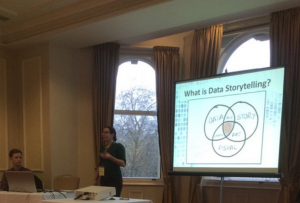
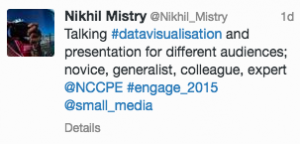
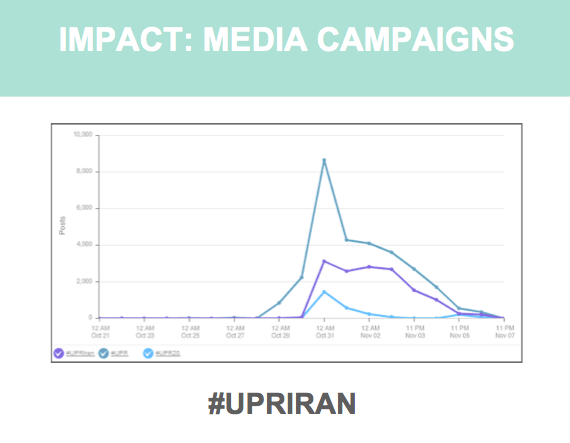
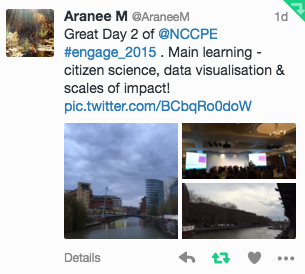

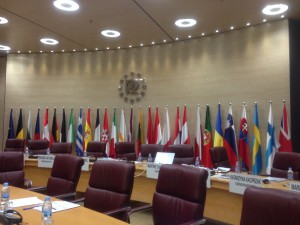

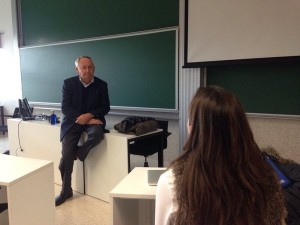






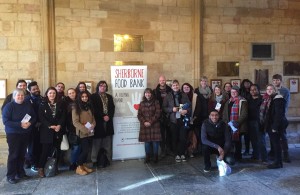
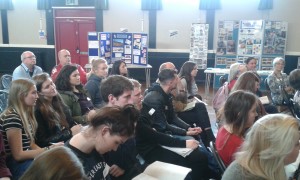
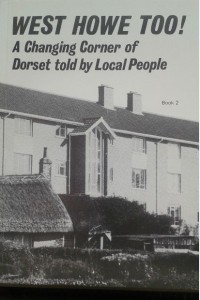
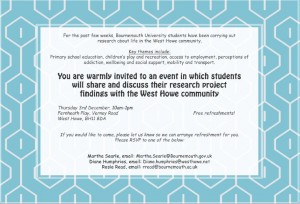


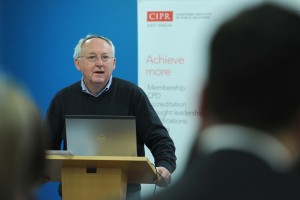











 REF Code of Practice consultation is open!
REF Code of Practice consultation is open! BU Leads AI-Driven Work Package in EU Horizon SUSHEAS Project
BU Leads AI-Driven Work Package in EU Horizon SUSHEAS Project Evidence Synthesis Centre open at Kathmandu University
Evidence Synthesis Centre open at Kathmandu University Expand Your Impact: Collaboration and Networking Workshops for Researchers
Expand Your Impact: Collaboration and Networking Workshops for Researchers ECR Funding Open Call: Research Culture & Community Grant – Apply now
ECR Funding Open Call: Research Culture & Community Grant – Apply now ECR Funding Open Call: Research Culture & Community Grant – Application Deadline Friday 12 December
ECR Funding Open Call: Research Culture & Community Grant – Application Deadline Friday 12 December MSCA Postdoctoral Fellowships 2025 Call
MSCA Postdoctoral Fellowships 2025 Call ERC Advanced Grant 2025 Webinar
ERC Advanced Grant 2025 Webinar Update on UKRO services
Update on UKRO services European research project exploring use of ‘virtual twins’ to better manage metabolic associated fatty liver disease
European research project exploring use of ‘virtual twins’ to better manage metabolic associated fatty liver disease